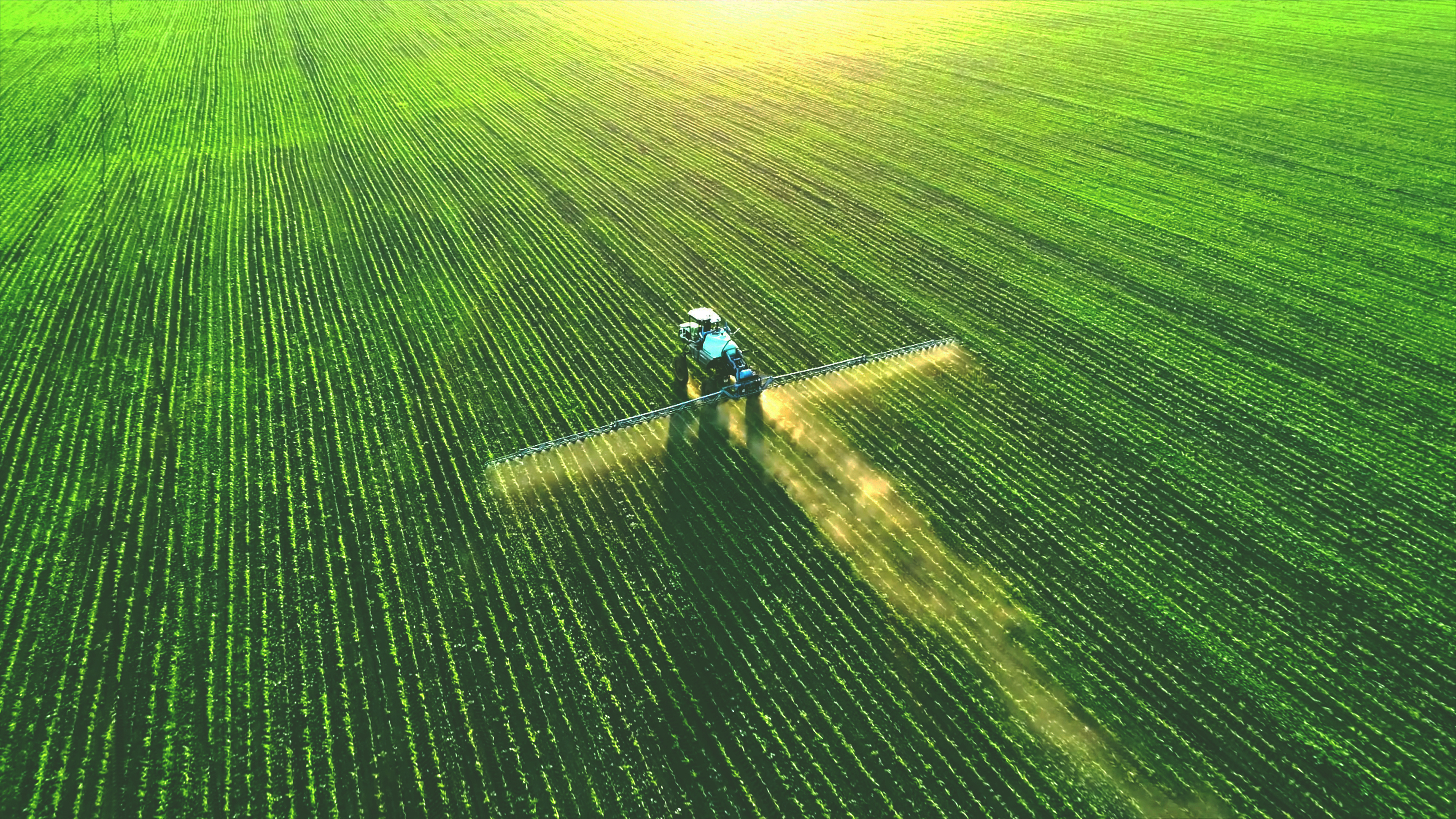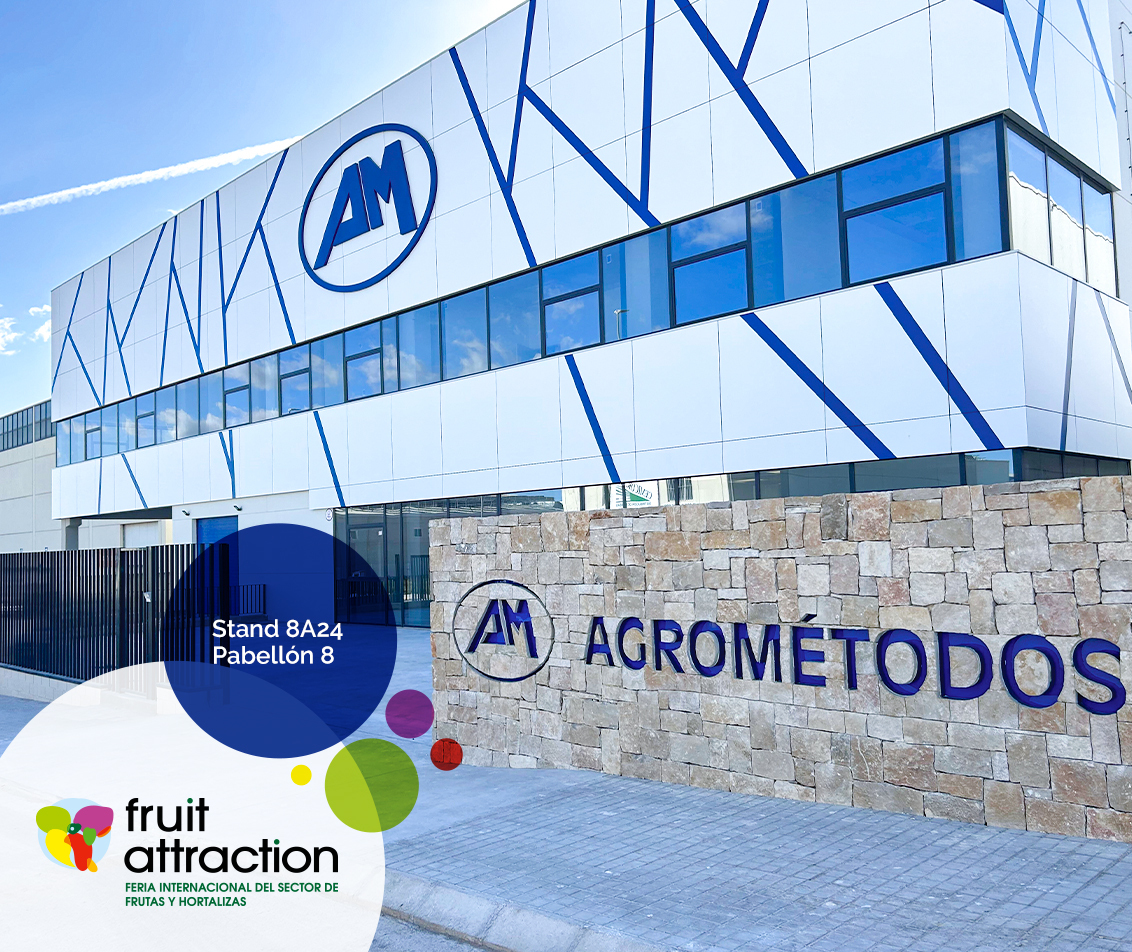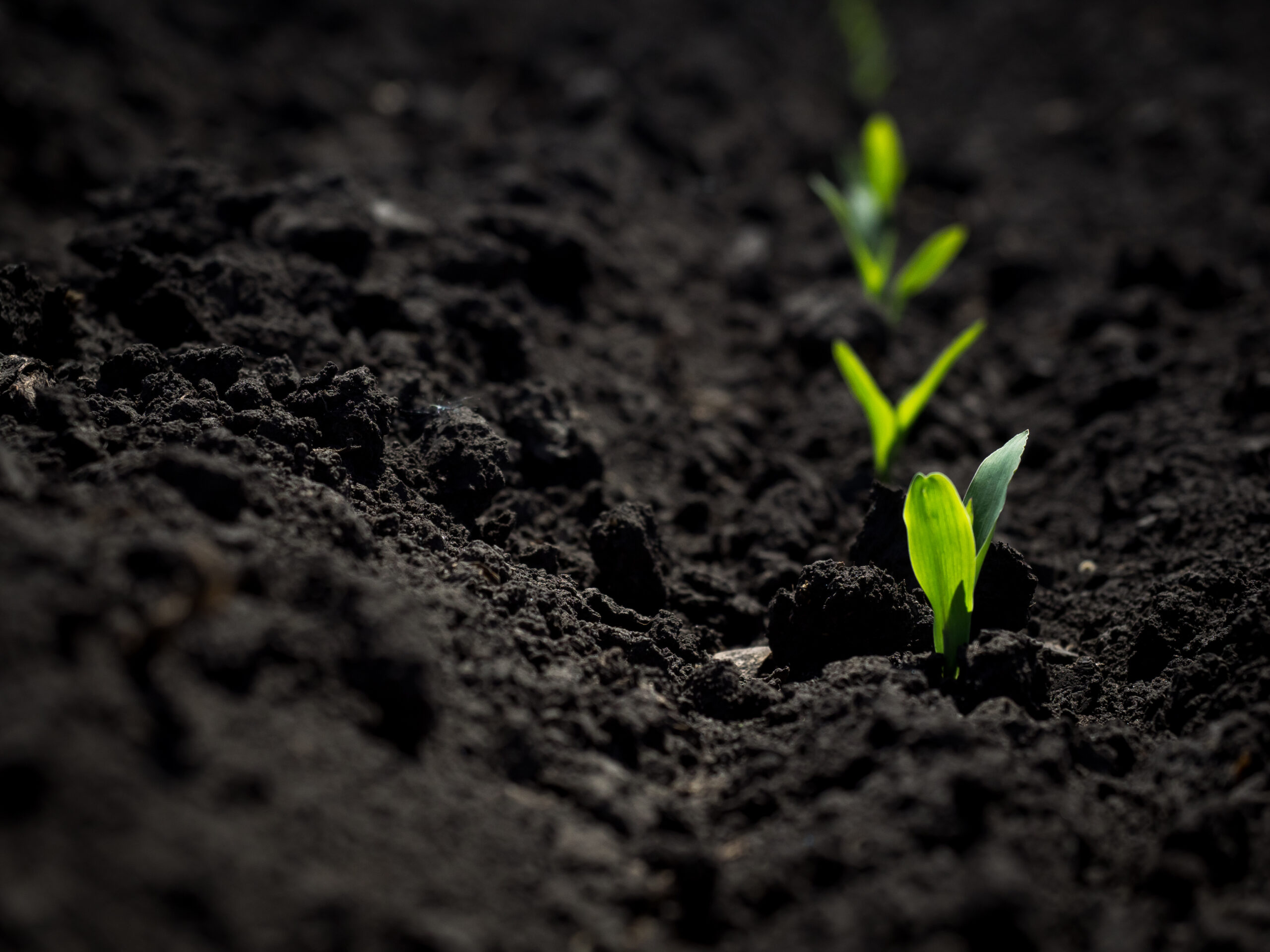The European Commission, in its ‘Farm to fork‘ strategy, imposes, inter alia, an objective relating to fertilisation and good agronomic status of soils. In this sense, by 2030, it is intended to reduce nutrient losses by half, without deteriorating soil fertility, for which the goal is set to reduce the use of fertilizers by at least 20% by that year.
Consequently, it was necessary to approve a regulation that established a basic general framework, applicable throughout Spain, to achieve:
- – regulate a sustainable supply of nutrients in the aforementioned soils.
- – avoid water pollution.
- – preserve and improve the biological properties of agricultural soils.
- – prevent the accumulation of heavy metals and other pollutants and,
- – preserve biodiversity linked to agricultural soils.
For all these reasons, on December 29, 2022, Royal Decree 1051/2022 was published in the Official State Gazette (BOE), which establishes standards for sustainable nutrition in agricultural soils.
With this Royal Decree it is:
- – establish basic rules for rational fertilisation of crops, through minimum good agricultural practices to be taken into account when applying nutrients to agricultural soils.
- – establish the creation of the fertiliser section in the farm notebook and the minimum information that farmers must incorporate into the farm carnet on nutrient supply to agricultural soils, the minimum requirements for a fertilisation scheme, etc.
- – control the maximum content of heavy metals and other contaminants and impurities
- – Regulate the temporary stacking and application of manure, organic fertilizer products and other materials of organic origin.
- – create the General Register of Manufacturers and Other Economic Operators of Fertiliser Products (REGFER).
- – Regulate the profession of fertilization consultant.
This Royal Decree entered into force on January 1, 2023, although it will take effect from January 1, 2024, except for the creation of the general register of manufacturers and other economic agents of fertilizer products (REGFER), which will take effect on January 1, 2026.

In relation to the farm notebook, it should be noted that it will be digital, will be made available to the competent authority and will include under the responsibility of the owner of the exploitation, the following information:
- – The subscription plan, when its preparation is mandatory.
- – The data of the floor of the enclosures.
- – The analytical composition and in particular the nitrogen, phosphorus and organic matter content referred to fresh matter of the manure applied to the soil.
- – The doses and dates on which the contributions to the soil of any fertilizer or material are made.
- – The doses and the dates on which the risks are carried out that must be recorded within one month after its realization.
- – In the case of intensive crops or those that practice periodic fertigation, the information required in the two previous sections may be accumulated for intervals of fortnightly dates or replaced by a monthly report with the records of irrigation and fertilizers containing the required data, which will be incorporated into the notebook of the holding.
- – Annex III ‘Sludge implementation document’.
As regards the fertilization plan, the holder of the holding must draw it up and implement it for each production unit. It can be modified throughout the campaign, adapting it to the evolution of the crop and weather conditions.
- The area to be paid shall be identified.
- Soil analysis data (organic matter contents, nutrients and, where appropriate, contaminants) shall be included.
- The volume of water provided as well as the available water resources shall be taken into account.
- The time of application of the various nutrients, as well as the type of fertiliser or material, the method of application and the distribution machinery, shall be reported.
- The plan shall describe measures to reduce emissions of ammonia and greenhouse gases.
- Technical advice on fertilisation shall be compulsory on the same date of entry into force of the obligation to draw up a fertilisation plan for production units located in vulnerable zones and one year thereafter for other production units.
This advice will be carried out by a technician who can prove the status of fertilization advisor and must be registered in the “advisors” section of the General Register of manufacturers and other economic agents of fertilizer products.

As mentioned above, this registry (REGFER) will be official as of July 1, 2026, and at that time all economic agents that carry out any of the following activities must be registered in the corresponding section of the Registry, so that it is a necessary requirement to operate in their respective field:
- Manufacture a fertilizer product, or have a fertilizer product designed or manufactured to be marketed under its own name or brand;
- Placing on the market a fertilising product from another Member State or a third country;
- Put on the Spanish market a fertilizer product without being a manufacturer or importer;
- Provide advice on fertilization matters;
- Provide fertilizer application services.
In addition, in order to serve as guidance, both for advisors and users, the Ministry of Agriculture, Fisheries and Food will publish guides of good practices in fertilization of agricultural soils and sustainable nutrition of crops, through its website, which will complement the obligations issued in this royal decree, including the guides for sampling and soil analysis.




